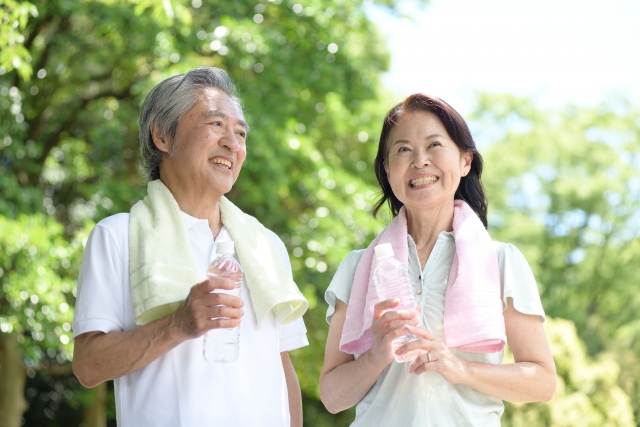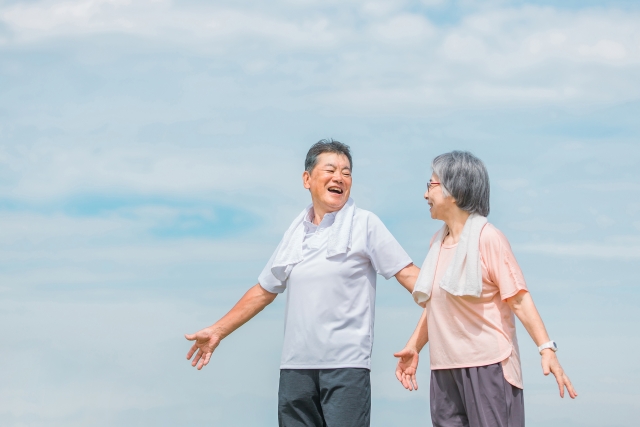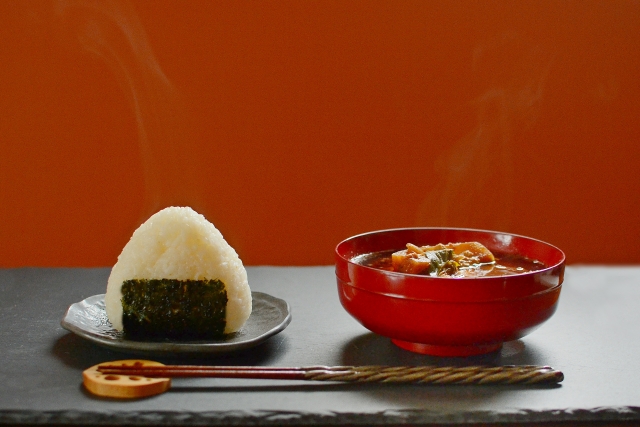
We eat every day. Why is eating necessary, and what kind of diet is ideal?
Amidst the abundance of information about health and food circulating worldwide, I came across a very intriguing story. It’s from cell biologist Bruce Lipton’s June 2024 newsletter. Here’s a summary.
Before settling down to cultivate crops, humans gathered small foods to eat. They collected wild seeds, leaves, nuts, fruits, and also caught small animals, fish, and shellfish.
Later, humans started hunting and consuming larger animals.
Unlike today, where food is always available, humans could go days without eating. Instead, when they found food, they ate as much as possible to survive.
If we were to adopt such a diet today, we would likely feel as though we were facing starvation.
Digestion of food is a source of energy and the source of metabolic components necessary for cells to live. Digestion is equivalent to “burning fuel,” and the heat generated in this process maintains our body temperature at 37 degrees Celsius.
However, burning fuel produces dangerous by-products. For example, burning fossil fuels generates toxic exhaust gases from a car’s exhaust pipe.
When animals digest food, unstable molecules called “free radicals” are generated as the “exhaust gases” of cellular metabolism. Free radicals damage cell membranes, proteins, and DNA.

Science recognizes that the natural human lifespan is around 150 years. So why do we struggle to live even to 100?
The problem with our short lifespan lies in our overeating.
Free radicals are killing our cells. In laboratory studies, researchers have found that they can nearly double the lifespan of rats, dogs, and even monkeys by feeding them the minimum amount of food necessary.
It is suggested that similar results can be achieved for human lifespans with minimal food intake.
We are choosing to shorten our lives by overeating. By keeping our food intake to the minimum necessary, we can prevent environmental destruction and save not only ourselves but the planet.
Dr. Bruce Lipton explains midway through his article that, similar to how plants grow using energy obtained from photosynthesis, “Scientists realized that the chemical energy released through the dissociation of water molecules by melanin represents over 90% of cell energy required by the body. “
I tried to understand the technical terms in Japanese, but I couldn’t find such content in Japanese. Therefore, please read the original text.
And he concludes:
Food is more for “fun” than for our survival.
There is a Japanese proverb, “Hara hachibu ni isha irazu,” meaning that if you stop eating before you are full, you can live healthily without needing a doctor. It resonates with Dr. Bruce Lipton’s message.
The proverb continues: “Hara roku-bu me de oi o wasureru, hara shi-bu me de kami ni chikazuku.” This is a teaching from yoga.
For example, “16-hour fasting” is a practice where you don’t consume food (nutrients) for 16 hours, creating a state of starvation, which activates your cells by breaking down your own components.
This activation of cells is called “autophagy,” which leads to skin regeneration, disease prevention (preventive health), and improved body constitution, and it has gained attention in recent years.
“Autophagy,” meaning “self-eating,” became widely known when Professor Yoshinori Ohsumi of Tokyo Institute of Technology was awarded the Nobel Prize in Physiology or Medicine in 2016.
Autophagy, which renews cells from within, is an intracellular purification and recycling system found in all eukaryotic organisms, including humans, animals, plants, and yeast.
When the necessary energy cannot be obtained from the environment, the body uses its own components as an energy source to activate its cells.
Hope you have a good day
I understand very well that overeating is not good. When I returned to Japan temporarily and ate a lot of what I wanted, I had eczema that took months to heal.
Similarly, a family member who frequently stayed at all-you-can-eat and drink inns experienced eczema and deteriorating health.

I have heard that one reason Japanese people are among the longest-lived in the world is related to the lack of sufficient food during the war. Those who were children at that time are now elderly and indeed have long lifespans.
If we make a habit of minimal food intake, humans could live even longer.
It is said that if things continue as they are, in times of crisis, 60% of people living in Japan, which has a low food self-sufficiency rate, will starve to death.
However, if we stop eating at the current pace even when sufficient food is not available, we might just manage.
There are wild animals living in the hills and fields. There are wild herbs. From the sea, we get salt, fish, and seaweed. Wild foods provide a stronger sense of fullness compared to those cultivated by humans. Additionally, there is plenty of surplus land in Japan.
Furthermore, Japan is blessed with natural conditions suitable for growing crops. Fertilizers and pesticides are not needed, so as long as there are seeds, there should be no need to worry about famine.
If the primary purpose of eating is indeed “fun” then it feels like we can live a bit more relaxed.